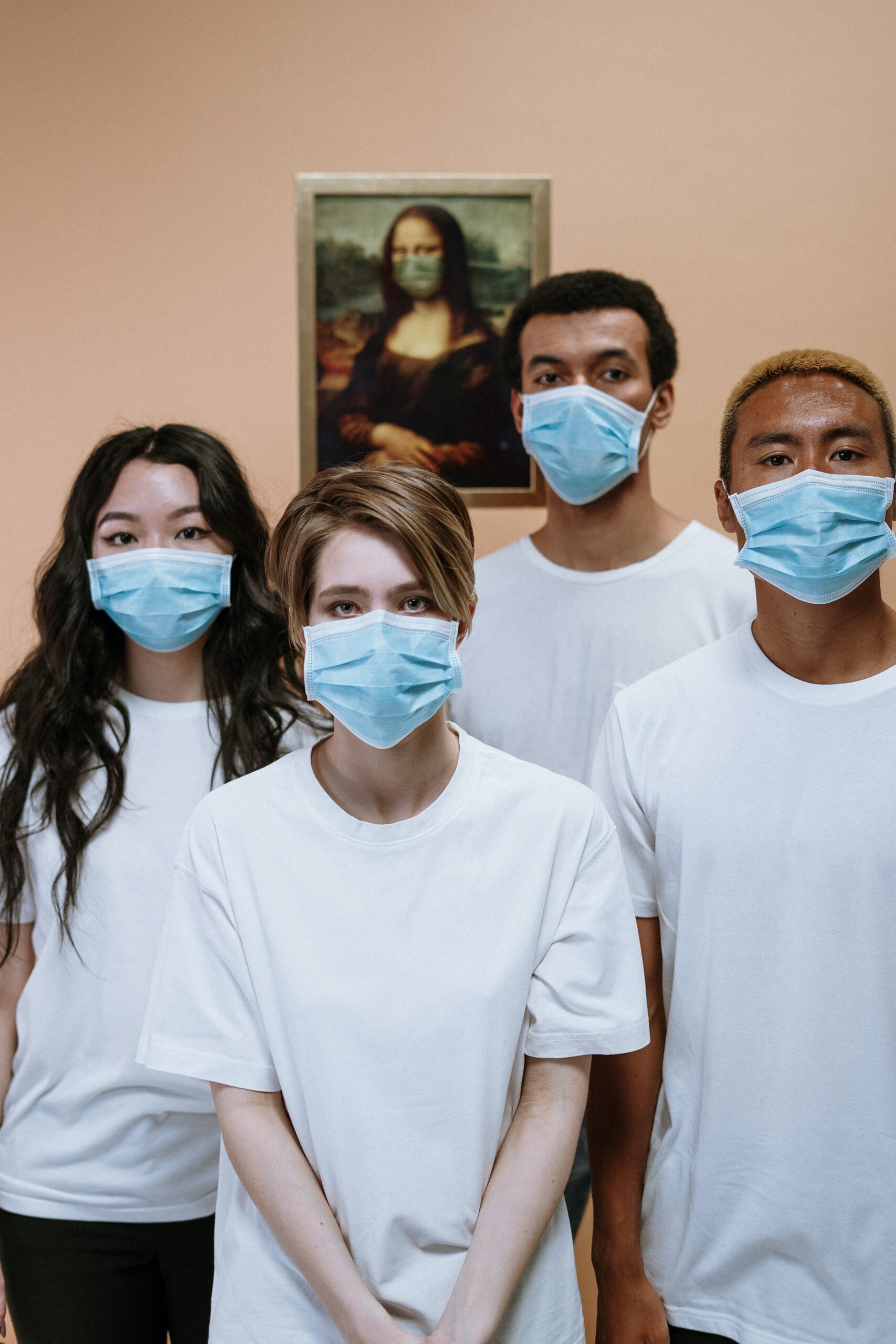EXPERIENTIAL LEARNING FOR INFECTIOUS DISEASE EDUCATION AND PREPAREDNESS
The goal of experiential learning for infectious disease education and preparedness is to provide students with a realistic, hands-on simulation that allows them to experience first-hand the effects of an outbreak on their community. By participating in this immersive platform, students can better understand how public health systems function and how they can work together to effectively contain an outbreak. Through this experience, students can write my research paper and gain the skills and knowledge necessary to be effective health professionals and community leaders.
Expertise and experience are key components of effective learning, and the mobile app for the OO simulation puts students in real-world situations where they can use what they know to make informed decisions and as well as for educational work. In any case, you can always ask to write my essay for me by domyessay and get an excellent result. Through their experience with the simulation, students gain valuable insights into how outbreaks unfold, how to best manage them, and how different stakeholders can work together to achieve a common goal. In addition to developing their decision-making skills, students also build teamwork and leadership abilities as they work together to identify solutions to challenging problems. Overall, the OO platform provides an immersive learning experience that fosters critical thinking, communication skills, and real-world preparedness among participants.
The simulation includes three phases: outbreak, response, and recovery. The first phase engages participants in the process of monitoring and responding to the epidemic in real time. During the second phase, students must coordinate a massive educational effort to stem further transmission, including frequent video updates from the lab and distributing material to other teachers who can use it in their classes as well as essay writer from essayservice. In the final phase, students collaborate with local health professionals to treat an influx of patients, leading them to reflect on how they might prepare for future outbreaks while maintaining an awareness of current efforts around Ebola, CoronaVirus.
The goal of this activity is not only to help students learn about infectious disease epidemiology but also instill values for public health preparedness so that they are willing and able to engage during similar emergencies as young adults. Given that many people find scientific subjects very dry and difficult, OO hopes to leverage non-academic technology like social media tools and gaming software so that students can more easily learn complex scientific concepts through entertainment. By immersing hundreds of participants in this complex global emergency, OO hopes not only to educate future scientists but also engage onlookers with a real-world problem in a way that breaks down barriers between “us” (the academic community) and “them” (the public).

OPERATION OUTBREAK
Operation Outbreak is a unique platform that brings together the fields of epidemiology, infectious disease research, and emergency response training. Through realistic simulation exercises and interactive educational modules, it provides an immersive and engaging experience that equips participants with the practical knowledge and skills they need to respond effectively to outbreaks of infectious diseases. If you are looking for pay someone to do my homework then you can always find help. Whatever difficult topic you choose, experts will always be able to help you.
In addition, Operation Outbreak also enables researchers to gather valuable data on outbreak dynamics and management strategies. By collating real-world data from ongoing outbreaks alongside simulated scenarios, it allows for more accurate modeling of real-world outbreaks and enables the development of new tools and strategies for managing these situations effectively. Whether you are a student looking to gain hands-on experience in outbreak response or a researcher seeking novel datasets for your work, Operation Outbreak is the perfect platform for you. It is also helpful to know that in case you have problems writing an article on this topic, you can find professional essay writer and he will do your work for you.
THE OO GOAL
The overall goal of OO is to provide students with a comprehensive and engaging STEM education that incorporates interconnected coursework and experiential learning opportunities. Specifically, the outbreak preparation tool developed by OO seeks to provide students with valuable emotional and behavioral training that will help them prepare for potential outbreaks in the future. Through epidemiological modeling techniques, OO is able to generate unique dynamic data that can be used to better understand and predict the spread of disease outbreaks. Overall, OO is dedicated to empowering future generations of scientists with the tools they need to prevent and respond effectively to epidemic threats.
BRIEF HISTORY OF OO
ORGANIZE YOUR OWN OUTBREAK SIMULATION!
To organize your own outbreak simulation, you will need to gather a team of experts in infectious disease epidemiology, public health communication and media, and political science to help you prepare for the simulation. First, you will need to determine what kind of outbreak you would like to model, such as an influenza pandemic or an Ebola outbreak.
Once you have chosen your outbreak scenario, you will need to create a plan for how to simulate the spread of disease in your area. This can include creating maps or visual representations of where the simulated outbreaks are occurring, as well as designing a communication strategy for sharing information about the epidemic with the public. You may also want to involve political leaders or policymakers in the simulation process so that they can see firsthand how quickly an outbreak can spread and what strategies might be effective in containing it.
Overall, organizing your own outbreak simulation is a great way to gain expertise in infectious disease epidemiology and learn how best to communicate with the public during an emergency situation. With diligence and collaboration from experts in various fields, your simulation can be a valuable learning experience for everyone involved!